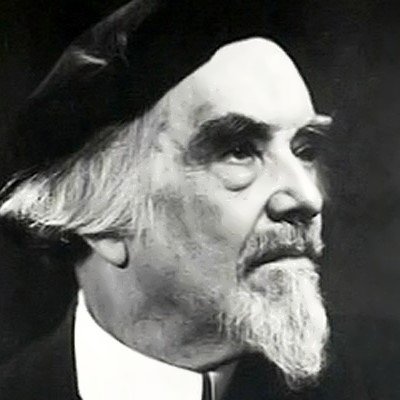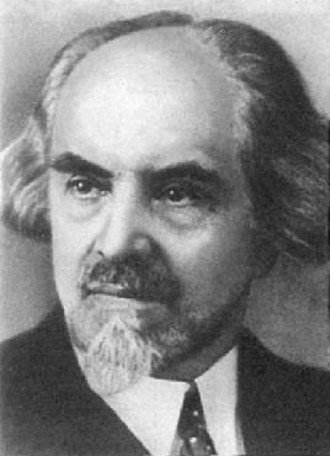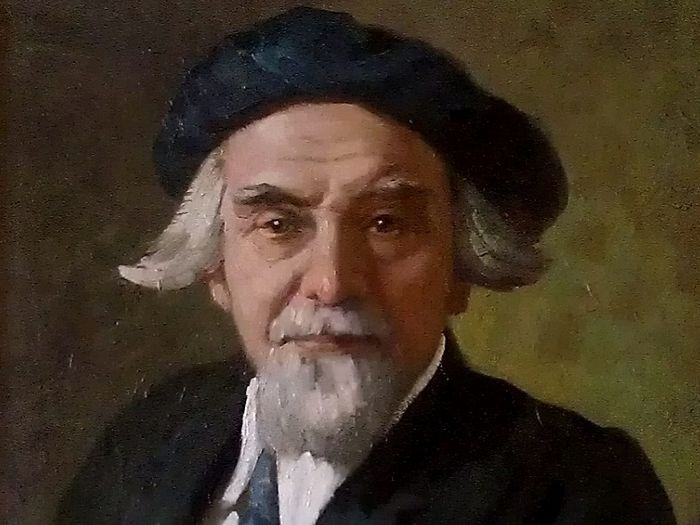Nikolai Berdyaev (1874-1948) was born into an aristocratic military family. As early as his adolescent years, he acquainted himself through his father’s collection of books with philosophers such as Immanuel Kant, Arthur Schopenhauer, and G. W. F. Hegel and decided upon an academic career.

Tekst på foto 
Tekst på foto 
Tekst på foto
Berdyaev enrolled as a student at the University of Kiev in 1894. He was soon attracted to Marxism, and in 1898, he was arrested during a student protest and subsequently expelled from the university. He married in 1904 and moved to Saint Petersburg. There he immersed himself fully in the philosophical and religious debate, gradually reaching a position of his own, for which he became known as a Christian existentialist.
Berdyaev’s relatively swift goodbye to Marxism was primarily due to Marxism’s materialist anthropology, which he regarded as “two-dimensional.” He reacted strongly to any reductionist account of the human person. In his work, he drew upon a broad spectrum of thinkers: Fyodor Dostoyevsky held the first and the greatest significance for him, but he was later influenced by Friedrich Nietzsche and Lev Tolstoy as well as Max Scheler and Søren Kierkegaard.
“My thought has been oriented anthropocentrically, not cosmocentrically,” writes Berdyaev in his book The Russian Idea, thus pointing to his own fundamental philosophical problem: “the problem of an objectivization which is based upon alienation, the loss of freedom and personality, and subjection to the general and the necessary. My philosophy is decisively personalist and according to the fashionable terminology now established it might be called existential.”
Philosopher’s Ship
In 1922, the Bolshevik regime expelled Berdyaev, Lossky, and 158 other prominent intellectuals from the Soviet Union. They left the country on the so-called Philosopher’s Ship. Many of them first settled in Berlin, but the economic and political development then forced several of them to move on, mainly to Paris. Here, Berdyaev gathered a large group of personalists for what became known as Berdyaev’s Sundays. Thinkers such as Gabriel Marcel, Emmanuel Mounier, Etienne Gilson, Jacques Maritain, and others often met on Sundays in Berdyaev’s home.
